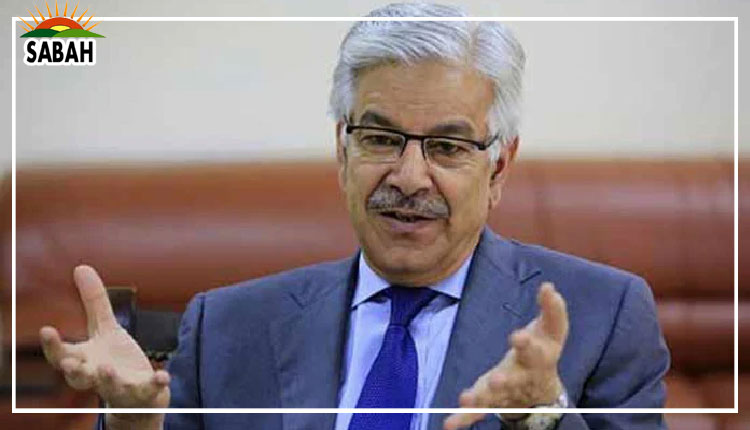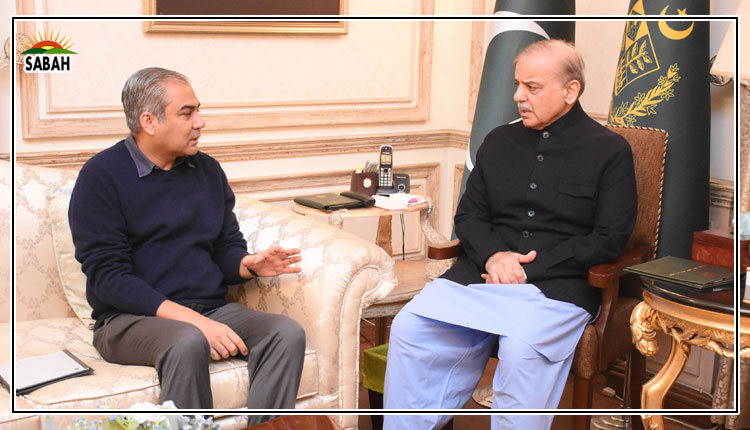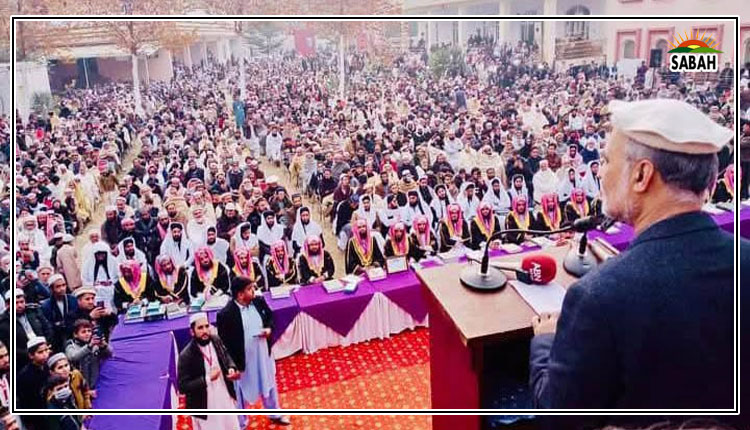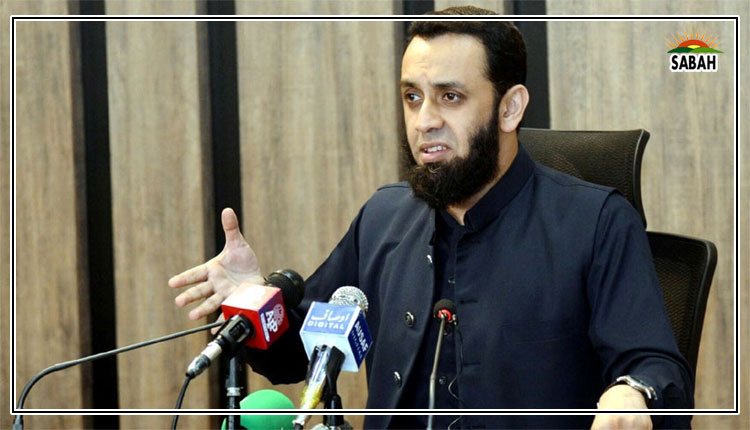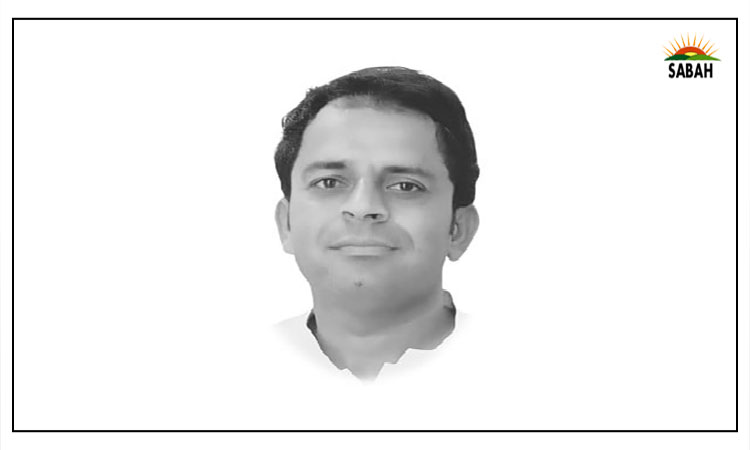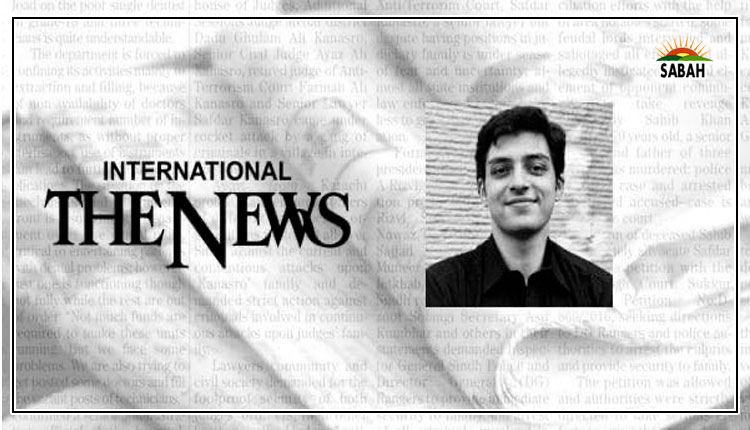Obviating the obvious…Salaar Khan
We begin with what appears to be the most obvious: when a legislative assembly is dissolved, elections must be held within ninety days. But, it would appear the obvious has escaped the attention of the governors of Khyber Pakhtunkhwa and Punjab. Or, more likely, they hope the obvious will be obviated.
In both provinces, the chief ministers advised the governors to dissolve the assemblies. In KP, the governor agreed. Punjabs governor claims that, though he did no such thing, the constitution automatically dissolved the assembly within forty-eight hours of the CMs advice.
This makes KP more straightforward. Under the constitution, when a governor dissolves a provincial assembly they, themselves, must announce a date for the next elections. Such a date must fall within ninety days of the dissolution, and the governor must also appoint a caretaker cabinet.
But in Punjab, the governor gestured listlessly at an apparent gap in the law. Article 105(3) of the constitution tells us what is supposed to happen when a governor dissolves an assembly. It doesnt tell us who must announce the date of elections in an automatic dissolution.
Yet, while neither governor appears keen to announce the dates for elections, they promptly appointed caretaker cabinets. Some have interpreted this as contradictory compliance with Article 105(3). But, to give it its worth, it may, instead, indicate compliance with another provision Article 224(1A). That is to argue that under the first variant, the appointment of a caretaker cabinet may be grounded in Article 105(3) and, under the latter, in Article 224(1A).
But, to be clear, none of this changes the ninety-day limit. Even as both governors shrugged their shoulders, the constitutional clock was ticking away. And, of course, the scene for the next act was a courtroom.
The Lahore High Court agreed that there were two separate categories of dissolution. And also, that it was unclear who was to announce a date for the elections in an automatic dissolution. But it had to be someones responsibility. Otherwise, we would have to accept that just because one person decided not to act, no one else was allowed to act either.
Relying, importantly, on the Supreme Courts 2012 decision in the Workers Party case, the court declared that this someone was the Election Commission. And in this specific variant of a dissolution its hard to argue against its reasoning.
So things appeared simple enough. The Lahore High Court directed the ECP to immediately announce the date of elections for the Punjab Assembly. What was slightly less simple was that it directed it to do so after consultation with the governor, who did not seem particularly inclined to be consulted. Even so, if the torpor persisted, the Lahore High Court could always enforce its order through its powers of contempt of court. KP could, if it chose to, follow suit with a similar order.
But for one person on Constitution Avenue, this was not enough. The Hippocratic Oath is, after all, not the latest oath that the president took: he had also sworn loyalty to the constitution.
Dusting off his copy of the Elections Act, the president turned to the Election Commission and prodded at Section 57. Here was a law that he read as giving him the power to announce the date for general elections after consultation with the Commission. And so, while Justice Jawad directed the ECP to consult with the governor (in a judgement that the presidents own party hailed as all shades of historic), the president just wasnt feeling it. It was he who was to be consulted.
And, now, it was the ECP who did not seem inclined to be consulted. The president sensed his moment and announced a date for both elections, himself.
Amongst some of the justifications later provided was the idea that refusal to consult is, itself, a form of consultation. Such a possibility has not escaped the attention of other laws. Under the constitution, for instance, the chief election commissioner is to be appointed by the prime minister, in consultation with the leader of the opposition. When there is no consensus, each can send independent nominations. But there is no such language in the Elections Act.
There is also the question of how much consultation is enough consultation, and what degree of resistance is a refusal. Naturally, the president cant enforce consultation. But, if on the very first day of the dissolution, the ECP indicated that it wasnt as enthusiastic about the whole exercise, is the president justified in announcing elections himself? Or is a more appropriate reading that the president can only use Section 57 to announce a date prior to Day 90, when meaningful consultation does take place? This is all to say nothing of Section 57s apparent dissonance with the constitution.
Some argue that the president was quite aware of all this: the real purpose may simply have been to end up before the Supreme Court. If so, it worked. To take the Supreme Courts word for it, the constitution itself came knocking. That the constitution seems to have forgotten to knock on a few doors of a few judges chambers is another matter. That, strictly speaking, before the president went rogue, two judges had already knocked, through a request in an earlier case, is another yet.
But with the stage set for the Supreme Court to undo one knot, a portion of the bench suggested another: what if the dissolution was, itself, unlawful?
Against a landscape darkened by the shadows of unregulated judicial overreach, the concern that followed is not without cause. Yet, it is true, as pointed out in these pages yesterday, that this would not be the first time a court would consider such a question. Courts have reversed the dissolution of the Punjab Assembly in 1993 and the Balochistan Assembly in 1988. In doing so, they have also held that dissolution is a legal question, and not a purely political one. Importantly, in both cases, they did so not just to protect the rights of not just the members of the assemblies, but that of the electorate, as well.
But both of those instances involved chief ministers whose legal capacity to provide such advice was in question. In Balochistan, the CM had not yet obtained a vote of confidence. In Punjab, the CM appeared to be attempting to forestall a vote of no-confidence a situation not too dissimilar from Imran Khans reversed dissolution of the National Assembly in April. That is not the case here: there is no challenge to either CMs capacity to provide such advice.
Is there, then, no other situation in which a court should still consider whether a dissolution was lawful? Back when it was raining ordinances, and our current president routinely prorogued the National Assembly so that legislation could bypass the legislature, I considered such a similar question in these pages.
When Boris Johnson asked the Queen to prorogue parliament in the days leading up to Brexit, the court declared the prorogation to be null and void because it was without reasonable justification. A dissolution is far more serious than a prorogation. And there is, after all, a separate constitutional imperative to ensure that the people are not unrepresented for any longer than necessary. This is the very reason for such constitutional timelines.
But examining an ordinance is a different endeavour. There one may still argue that a court could consider whether the advice reflected some connection to circumstances that made immediate action necessary. Similarly, a governor could once dissolve a provincial assembly when the province could no longer be carried out in accordance with the provisions of the constitution and where an appeal to the electorate was necessary. But the CMs advice to dissolve an assembly is not qualified by any such language.
The only solution for a court, it would seem, is to write words into the constitution. And the response to that, today, as it was when the Supreme Court arguably scribbled words into Article 63A, is simple. There may, indeed, be wisdom in qualifying such advice, but that is parliaments burden not the courts.
Reversing the dissolutions and holding elections on time both lead to the same outcome: the people do not remain unrepresented any longer than necessary. But the peoples representatives have decided that the people should not just be represented; they should also get to reconsider who represents them.
Torn between the obvious and oblivion, that has to count for something.
Courtesy The News



